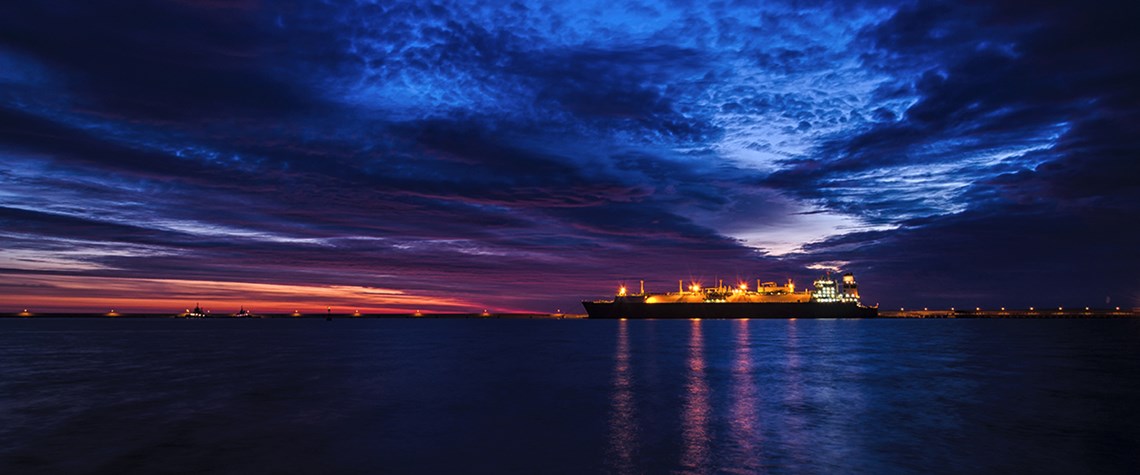Era of flexibility
Buyers are taking control of an oversupplied market and they want shorter contracts and freedom to sell what they don't use
East Asia's liquefied natural gas market is undergoing an inexorable shift as buyers push for more equitable contract terms and an impending supply surplus boosts trading and liquidity. Japan, South Korea, China and Taiwan between them account for 60% of all global LNG imports, so the consequences will be felt across the world's projects and operators. "The industry is moving in the direction of a more flexible and transparent market," says Hiroshi Hashimoto, senior analyst of the gas group at the Institute of Energy Economics, Japan. In August, South Korea joined Japan in probing contractual constraints for reselling LNG cargoes under destination clauses in Free on Board (FOB) contracts. Ch

Also in this section
17 February 2026
The 25th WPC Energy Congress, taking place in Riyadh, Saudi Arabia from 26–30 April 2026, will bring together leaders from the political, industrial, financial and technology sectors under the unifying theme “Pathways to an Energy Future for All”
17 February 2026
Siemens Energy has been active in the Kingdom for nearly a century, evolving over that time from a project-based foreign supplier to a locally operating multi-national company with its own domestic supply chain and workforce
17 February 2026
Eni’s chief operating officer for global natural resources, Guido Brusco, takes stock of the company’s key achievements over the past year, and what differentiates its strategy from those of its peers in the LNG sector and beyond
16 February 2026
As the third wave of global LNG arrives, Wood Mackenzie’s director for Europe gas and LNG, Tom Marzec-Manser, discusses with Petroleum Economist the outlook for Europe’s gas market in 2026







